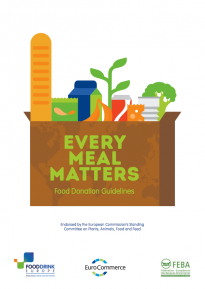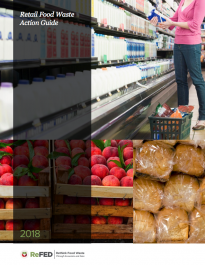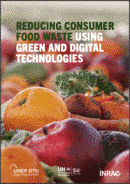Skills and Knowledge for Multiple Retailing
Some of the key skills and knowledge required in order to prevent and reduce food loss and waste (FLW) include:
- Chilling and chilled storage
- Freezing and frozen storage
- Packaging
- Labelling
- Regulatory requirements for animal by products, food waste disposal
- Food donation principles and protocol
- Temperature monitoring
- Interfaces between different links in the cold chain
- Stock rotation and ordering
- Good hygienic practice
Staff that lack the ability to perform correct quality checks can also increase the amount of food waste. By performing quality checks based on the standard quality, the retailer can prevent product rejection at the consumer level. Consumers prefer to buy high-quality fresh products and they will reject products that cannot meet their standards.
The ‘first-in first-out’ (FIFO) principle ensures fresh products are sold in the same chronological order in which they arrived. This is related to the perishable nature of fresh food products, so sales of goods must be prioritized to the earlier-arriving products. Staff must be aware of how to apply the FIFO principle.
Educating consumers about how to prevent or reduce FLW using awareness campaigns is another strategy for retailers to use to influence their customers behaviour.
Key Publications
Guideline for the Handling of Chilled Fish by Retailers These guidelines cover all aspects of handling and selling fish at the retail stage. | |
Every Meal Matters Food Donation Guidelines http://www.fao.org/flw-in-fish-value-chains/resources/resources/Every-Meal-Matters-Food-Donation-GuidelinesThese guidelines set out a simple framework of practical steps that can be taken to help food and drink manufacturers, retailers, and wholesalers anticipate and prepare for surplus that may arise in the business. | |
Retail Food Waste Action Guide This guide is designed to help retail businesses understand their food waste and provide industry-specific guidance on implementing food waste reduction solutions. Its designed for sustainability directors and business function leaders in U.S. retail. |
More Resources
More Resources
31 October 2023














